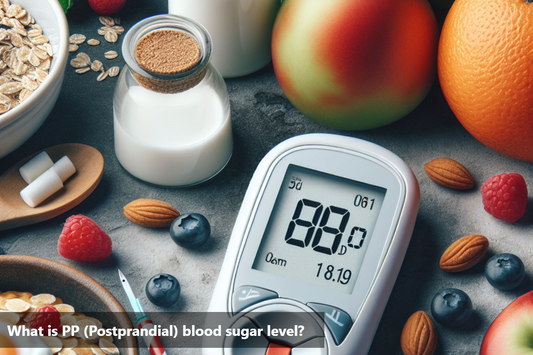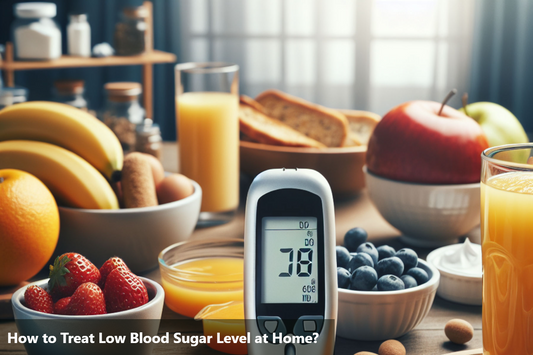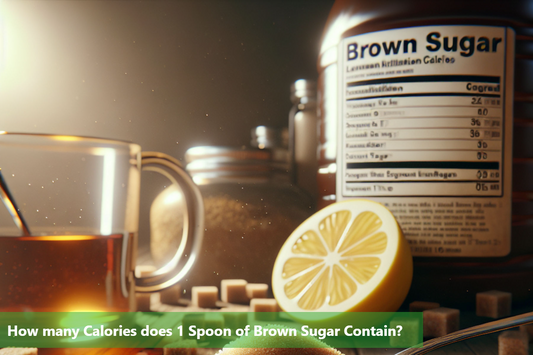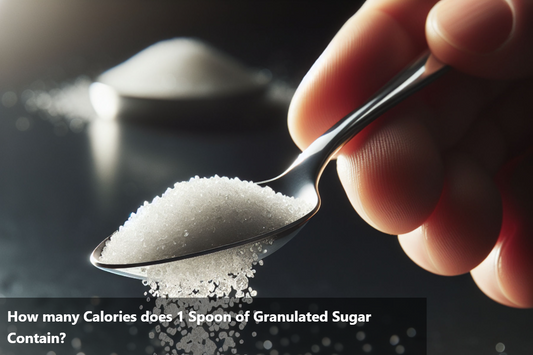High blood sugar, also known as hyperglycemia, is a condition characterized by elevated levels of glucose in the blood. It is essential to recognize the symptoms of high blood sugar early on to prevent potential complications. Individuals with diabetes are particularly susceptible to high blood sugar, but non-diabetics can also experience this condition.
Understanding the symptoms of high blood sugar is crucial for managing this condition effectively. By staying informed and recognizing the signs early, individuals can take proactive steps towards better health. If you experience any of these symptoms, especially if you are not diagnosed with diabetes, it is essential to consult a healthcare professional for proper evaluation and treatment. Prioritizing your well-being by monitoring and addressing high blood sugar symptoms can significantly impact your overall health and quality of life.
Common Symptoms of High Blood Sugar
Increased thirst: You may find yourself feeling excessively thirsty and needing to drink more fluids than usual.
Frequent urination: You may notice that you are visiting the bathroom more frequently, especially at night.
Fatigue: Feeling tired and fatigued even after getting enough rest.
Blurred vision: Occurs when high levels of sugar in the blood affect the lenses of your eyes.
Unexplained weight loss: Despite maintaining your regular diet.
Lesser-Known Symptoms of High Blood Sugar
Unexplained Weight Loss: Losing weight without actively trying could be a sign of high blood sugar.
Frequent Infections and Slow-Healing Wounds: These may indicate elevated glucose levels.
Blurred Vision: High blood sugar can affect eye lens shape, leading to vision disturbances.
Unexpected Fatigue and Irritability: These can be linked to unstable blood sugar levels.
Headaches and Tingling Sensations: Increased headaches and tingling in extremities like hands and feet could indicate high blood sugar issues.
Recognizing these lesser-known symptoms can help in early detection and intervention for high blood sugar.
Symptoms of High Blood Sugar in Non-Diabetics
Increased Thirst and Frequent Urination:
One of the subtle signs of high blood sugar in non-diabetics is increased thirst and frequent urination. When blood sugar levels are high, the kidneys work to filter and absorb the excess glucose, leading to more urine production.
Unexplained Fatigue and Weakness:
Furthermore, unexplained fatigue and weakness can also be early symptoms of high blood sugar in individuals without diabetes. The body's inability to efficiently convert sugar into energy can result in feelings of tiredness and overall weakness.
Blurry Vision:
Moreover, blurry vision is another potential symptom of high blood sugar in non-diabetics. Elevated glucose levels can cause temporary changes in the shape of the lens of the eye, impacting the ability to focus clearly.
It's important to note that while these symptoms may indicate high blood sugar in non-diabetics, they can also be attributed to other underlying health conditions. Consulting with a healthcare provider for proper evaluation and diagnosis is essential to address any potential concerns promptly.
Navigating the Symptoms of Hyperglycemia
Recognizing the symptoms of high blood sugar is crucial for maintaining good health and preventing potential complications down the line. By being aware of the signs that may indicate elevated blood sugar levels, individuals can take proactive steps towards managing their condition effectively.
It's essential to understand that symptoms such as increased thirst, frequent urination, and unexplained weight loss are common indicators of high blood sugar. These signs should not be ignored, as they can point to an underlying issue that requires medical attention.
Moreover, individuals, including those without a diabetes diagnosis, should be vigilant about recognizing symptoms like blurred vision, fatigue, and slow wound healing. These lesser-known signs can also be associated with high blood sugar and warrant further evaluation by a healthcare professional.
Whether you have diabetes or not, being informed about the symptoms of high blood sugar is key to promoting overall well-being. Seeking medical advice promptly and following the recommended management strategies can help in controlling blood sugar levels and reducing the risk of potential complications in the long run.
FAQs
What are the common symptoms of high blood sugar?
The common symptoms of high blood sugar include increased thirst, frequent urination, fatigue, blurred vision, and slow healing of wounds.
How does high blood sugar affect the body?
High blood sugar can lead to various health complications such as diabetes, heart disease, kidney damage, neuropathy, and vision problems if left untreated.
Can high blood sugar cause sudden changes in mood or behavior?
Yes, high blood sugar can cause sudden changes in mood or behavior due to its impact on brain function and blood circulation.
Are there any warning signs of dangerously high blood sugar levels?
Warning signs of dangerously high blood sugar levels include extreme thirst, confusion, fruity-smelling breath, and difficulty breathing.
What should I do if I experience symptoms of high blood sugar?
If you experience symptoms of high blood sugar, it is important to check your blood glucose levels, stay hydrated, follow a healthy diet, and seek medical advice if the symptoms persist or worsen.
This Blog post is an initiative by DiabeSmart, to provide accurate and Nutritionist / Doctor approved information related to Diabetes. DiabeSmart is India's first Food brand designed specifically for Diabetics, that has been clinically tested on Diabetics and Pre-Diabetics to deliver 55% - 70% lower Sugar spikes. DiabeSmart is part of Lo! Foods - India's leading brand for Everyday Functional Health foods.











